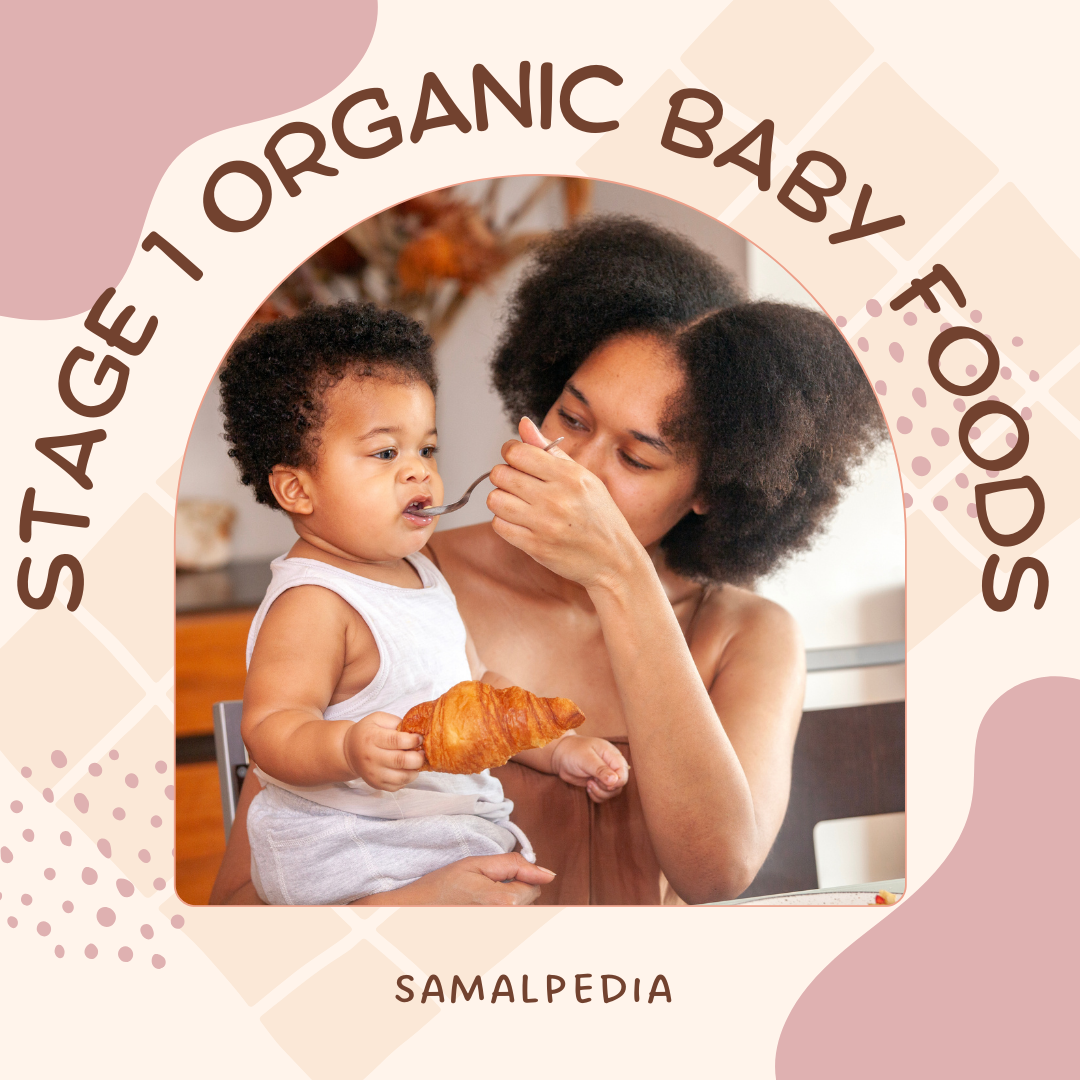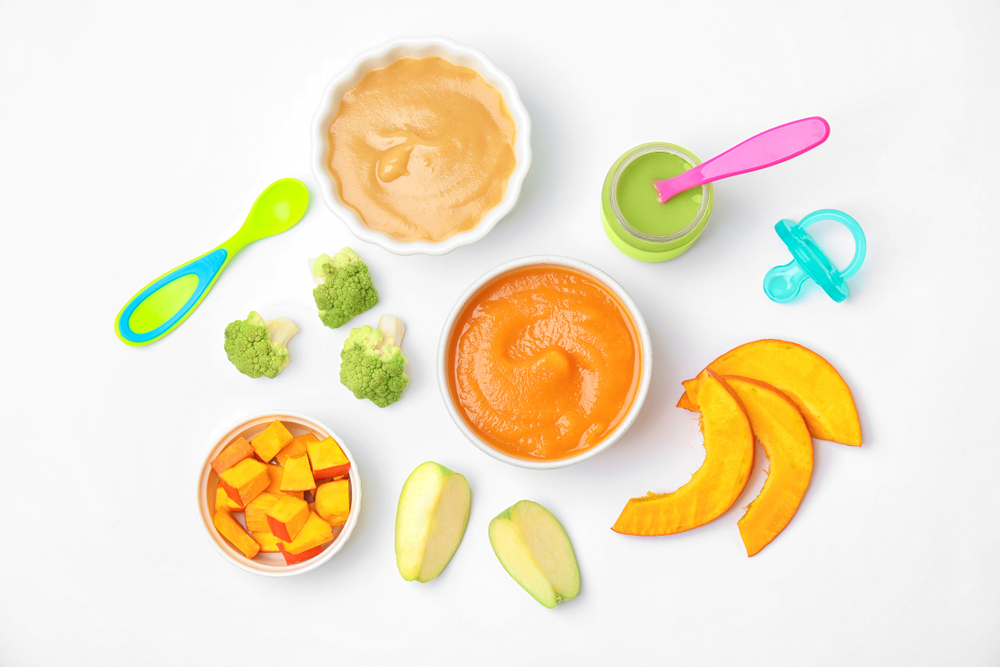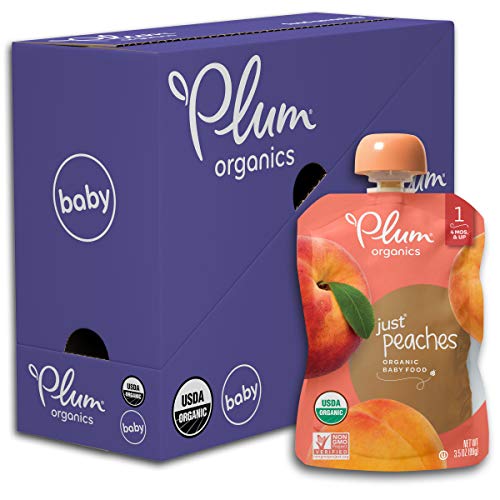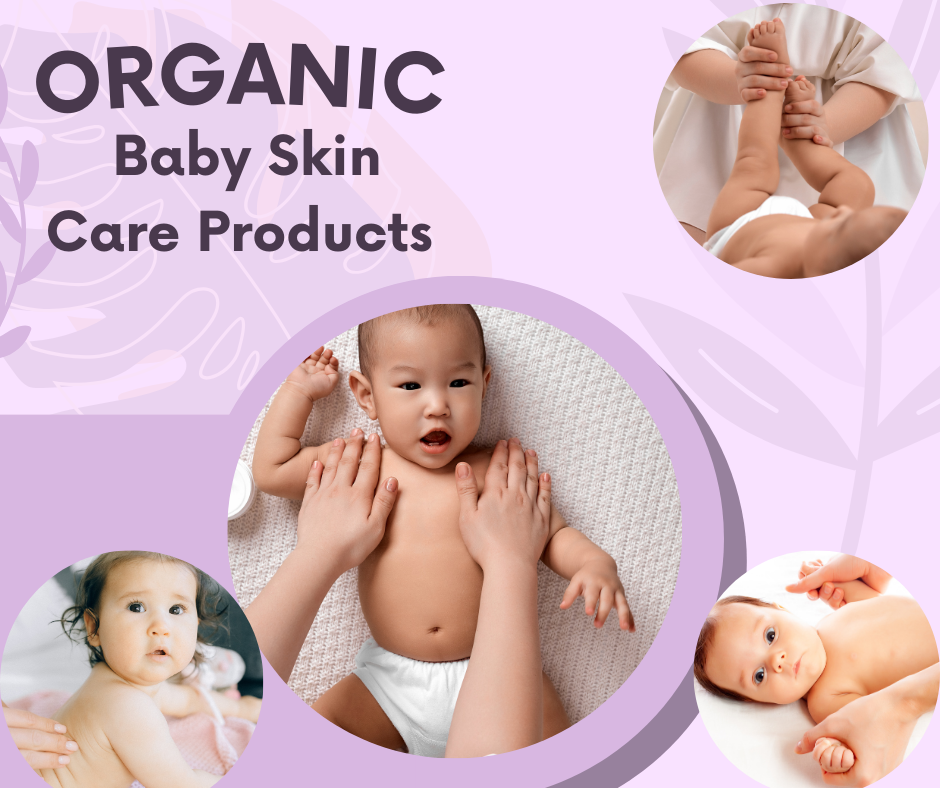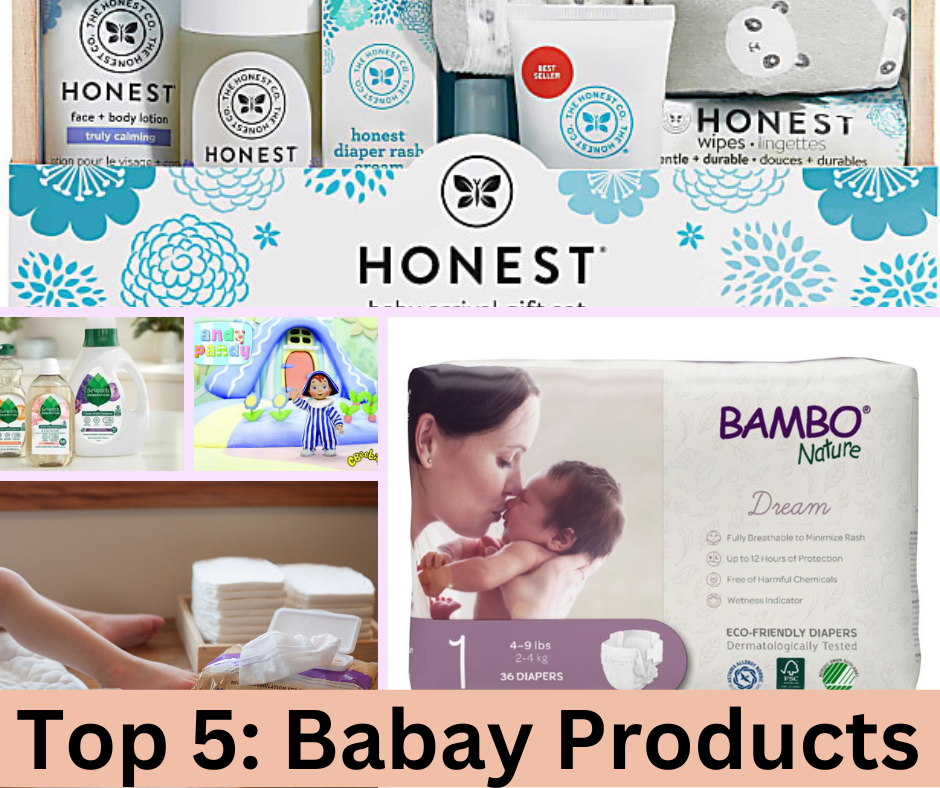Discover everything you need to know about Stage 1 organic baby foods, including their benefits, how to introduce them, tips for selection, and more. Ensure your baby’s health and well-being with expert guidance on nourishing their palate with pure, organic goodness.
Why Stage 1 Organic Baby Foods Matter
In the journey of parenthood, ensuring the health and well-being of your little one is paramount. Organic baby foods play a crucial role in this endeavor, particularly during the stage when your baby is transitioning to solid foods, known as Stage 1. This pivotal phase marks the beginning of your baby’s culinary adventures and lays the foundation for their future eating habits. Here, we delve into everything you should know about Stage 1 organic baby foods to make informed choices for your precious bundle of joy.
What Are Stage 1 Organic Baby Foods?
Stage 1 organic baby foods are specially formulated purees designed to introduce infants to solid foods for the first time. These purees are typically smooth and runny in consistency, making them easy for babies to swallow and digest. They are crafted from organic fruits and vegetables that are free from synthetic pesticides, hormones, and genetically modified organisms (GMOs), ensuring the highest level of nutrition and purity for your little one.
Benefits of Choosing Organic Baby Foods for Stage 1
- Superior Nutrition:
Organic baby foods are packed with essential nutrients, vitamins, and minerals crucial for your baby’s growth and development. By opting for organic options, you eliminate the risk of exposing your baby to harmful chemicals and additives commonly found in conventional baby foods, thereby safeguarding their health and well-being.
- Reduced Risk of Allergies:
One of the primary concerns for parents introducing solid foods to their babies is the risk of allergies. Organic baby foods are less likely to contain allergens or potential irritants, making them a safer choice for infants with sensitive digestive systems or a family history of allergies.
- Environmental Sustainability:
Choosing organic baby foods also has a positive impact on the environment. Organic farming practices promote sustainability by eschewing synthetic fertilizers and pesticides, thereby preserving soil health, conserving water, and minimizing pollution. By supporting organic agriculture, you contribute to a healthier planet for future generations.
How to Introduce Stage 1 Organic Baby Foods
- Timing:
Most babies are ready to begin Stage 1 solid foods around six months of age, although individual readiness may vary. Look for signs of readiness such as the ability to sit up with support, showing interest in food, and the disappearance of the tongue-thrust reflex, which pushes food out of the mouth.
- Start Slowly:
When introducing Stage 1 organic baby foods, start with single-ingredient purees such as mashed avocado, sweet potato, or banana. Offer a small amount on a soft-tipped spoon and observe your baby’s reaction. Gradually increase the variety and texture of foods as your baby becomes more accustomed to eating solids.
- Be Patient and Responsive:
It’s normal for babies to make faces or spit out new foods as they adjust to different tastes and textures. Be patient and continue offering a variety of organic purees, allowing your baby to explore and develop their palate at their own pace. Pay attention to your baby’s cues and adjust accordingly to ensure a positive feeding experience.
Tips for Selecting the Best Stage 1 Organic Baby Foods
- Read Labels Carefully:
When shopping for organic baby foods, read labels carefully to ensure they meet your standards for quality and purity. Look for certifications such as USDA Organic and Non-GMO Project Verified, indicating that the product meets strict standards for organic production and is free from genetically modified ingredients.
- Choose Variety:
Offer a diverse selection of fruits, vegetables, and grains to provide your baby with a wide range of nutrients and flavors. Rotate through different purees regularly to introduce your baby to a variety of tastes and textures, helping to expand their palate and prevent food aversions later in life.
- Consider Homemade Options:
While store-bought organic baby foods offer convenience, consider making your own purees at home using fresh, organic ingredients. Homemade baby food allows you to control the quality and freshness of the ingredients, giving you peace of mind knowing exactly what goes into your baby’s meals.
Conclusion: Nourishing Your Baby with Stage 1 Organic Baby Foods
In summary, Stage 1 organic baby foods play a vital role in introducing your little one to the world of solid foods while prioritizing their health, nutrition, and well-being. By opting for organic options, you provide your baby with the best possible start in life, free from harmful chemicals and additives. With careful selection and preparation, you can nurture your baby’s palate and instill healthy eating habits that will last a lifetime.
Frequently Asked Questions (FAQs) About Stage 1 Organic Baby Foods
- What are Stage 1 organic baby foods?
Stage 1 organic baby foods are pureed foods specifically designed for infants who are transitioning from breast milk or formula to solid foods. These purees are typically smooth in texture and made from organic fruits, vegetables, and grains that are free from pesticides, hormones, and genetically modified organisms (GMOs).
- Why choose organic baby foods for Stage 1?
Choosing organic baby foods for Stage 1 offers several benefits, including superior nutrition, reduced risk of allergies, and environmental sustainability. Organic baby foods are made from high-quality ingredients that are free from harmful chemicals and additives, providing infants with the nutrients they need for healthy growth and development.
- When should I introduce Stage 1 organic baby foods to my baby?
Most babies are ready to begin Stage 1 solid foods around six months of age. However, it’s essential to look for signs of readiness, such as the ability to sit up with support, showing interest in food, and the disappearance of the tongue-thrust reflex. Every baby is different, so it’s crucial to consult with your pediatrician before starting solid foods.
- How should I introduce Stage 1 organic baby foods to my baby?
When introducing Stage 1 organic baby foods, start slowly with single-ingredient purees such as mashed avocado, sweet potato, or banana. Offer a small amount on a soft-tipped spoon and observe your baby’s reaction. Gradually increase the variety and texture of foods as your baby becomes more accustomed to eating solids.
- How can I select the best Stage 1 organic baby foods?
When selecting Stage 1 organic baby foods, read labels carefully to ensure they meet your standards for quality and purity. Look for certifications such as USDA Organic and Non-GMO Project Verified, indicating that the product meets strict standards for organic production and is free from genetically modified ingredients. Additionally, choose a variety of fruits, vegetables, and grains to provide your baby with a diverse selection of nutrients and flavors.
- Are homemade baby foods a better option than store-bought?
While store-bought organic baby foods offer convenience, homemade options can be a great choice for parents who want complete control over the quality and freshness of ingredients. Making your own baby food allows you to customize flavors and textures to suit your baby’s preferences and dietary needs. However, both store-bought and homemade baby foods can be nutritious options when made with high-quality, organic ingredients.
- How can I ensure my baby gets a balanced diet with Stage 1 organic baby foods?
To ensure your baby gets a balanced diet with Stage 1 organic baby foods, offer a variety of fruits, vegetables, and grains throughout the week. Rotate through different purees regularly to introduce your baby to a wide range of tastes and textures. As your baby grows, continue to introduce new foods and textures to expand their palate and encourage healthy eating habits.
- Are there any risks associated with feeding my baby Stage 1 organic baby foods?
While Stage 1 organic baby foods are generally safe and nutritious, it’s essential to introduce new foods gradually and monitor your baby for any signs of allergies or digestive issues. If you have any concerns about your baby’s diet or feeding habits, consult with your pediatrician for personalized guidance and advice.
- Can Stage 1 organic baby foods help prevent food aversions later in life?
Introducing a variety of flavors and textures with Stage 1 organic baby foods can help prevent food aversions later in life by exposing your baby to a diverse range of tastes early on. By offering a wide selection of fruits, vegetables, and grains, you can help your baby develop a more adventurous palate and a lifelong appreciation for healthy eating.
- Where can I find Stage 1 organic baby foods?
Stage 1 organic baby foods are available at most grocery stores, natural food stores, and online retailers. Look for reputable brands that prioritize quality and purity, and always read labels carefully to ensure you’re selecting the best options for your baby’s needs.
